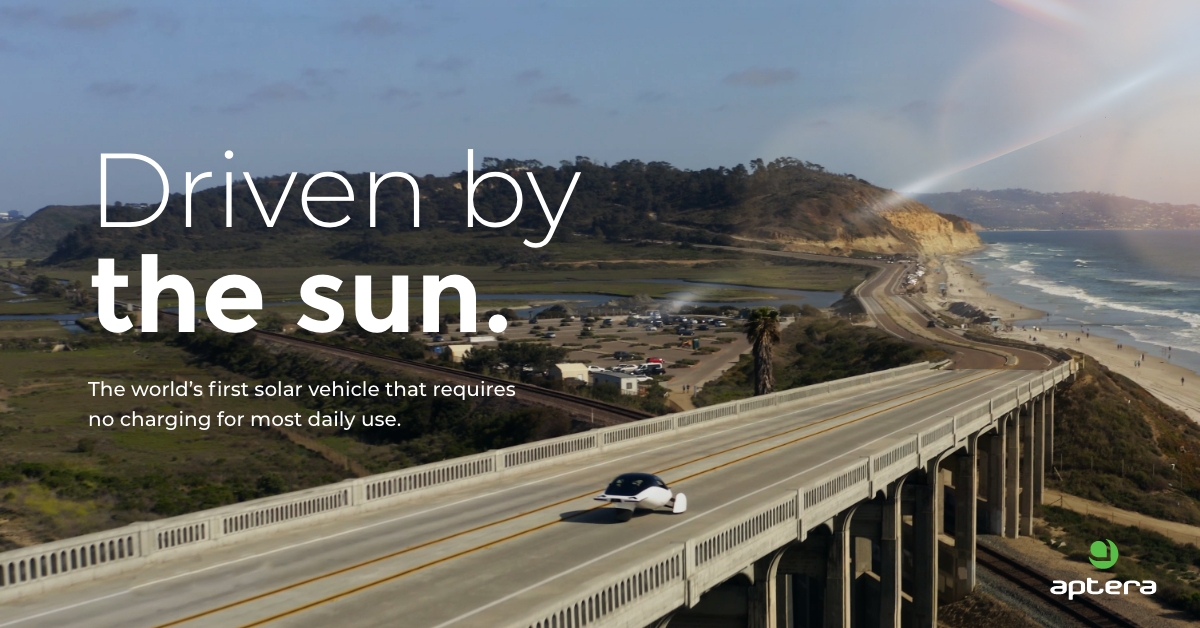J
jbcarioca
Guest
That is a common misconception. Very careful reading of all the papers helps. As shown the existing Tesla EU adapter proves the point, even though the Tesla CCS Supercharger pin logic varies from typical, although it is within the authorized variations. To understand this fully one needs to study the technical specifications on the CharIN site. Those who imagine that the other members are trying to impede Tesla are dabbling with conspiracy theories.Then how is it that Tesla currently provides a CCS2 adapter for older Model S & X to charge on v3 superchargers in EU/AU/NZ that only have a CCS2 plug? I imagine the adapter required in the US would be similar to this with a CCS1 male to tesla female adapter and the necessary microprocessor to communicate between the SC and a Tesla billing app.
View attachment 686444
The CCS standards were driven more by electrical suppliers and utility providers than by OEM members. That is why they're cumbersome and sometimes arcane. In context, understand that equipment providers and utilities are obsessed with electric transmission safety. For that reason, and only that reason, adapters are discouraged unless they provide unusual safety coupled with complying with communication standards, HomeLink Green PHY specifically.
We all need to understand that Tesla can fairly easily allow other OEMs access, and can provide for a wide array fo payment options from 100% OEM paid, 100%. user paid and a wide array of variants. Tesla can, with minimal difficulty provide for OEM system use, construction support, even energy supply.
There's no reason to agonize over the technical issues. They are all trivial for Tesla and an OEM. The commercial terms and options are the issue. Not technology.
In my opinion the primary impediment has been that traditional OEM's perspective is that energizing the vehicle is the owners problem and that of petroleum providers. They almost all do not really understand BEV's uses very well, but they're learning.




